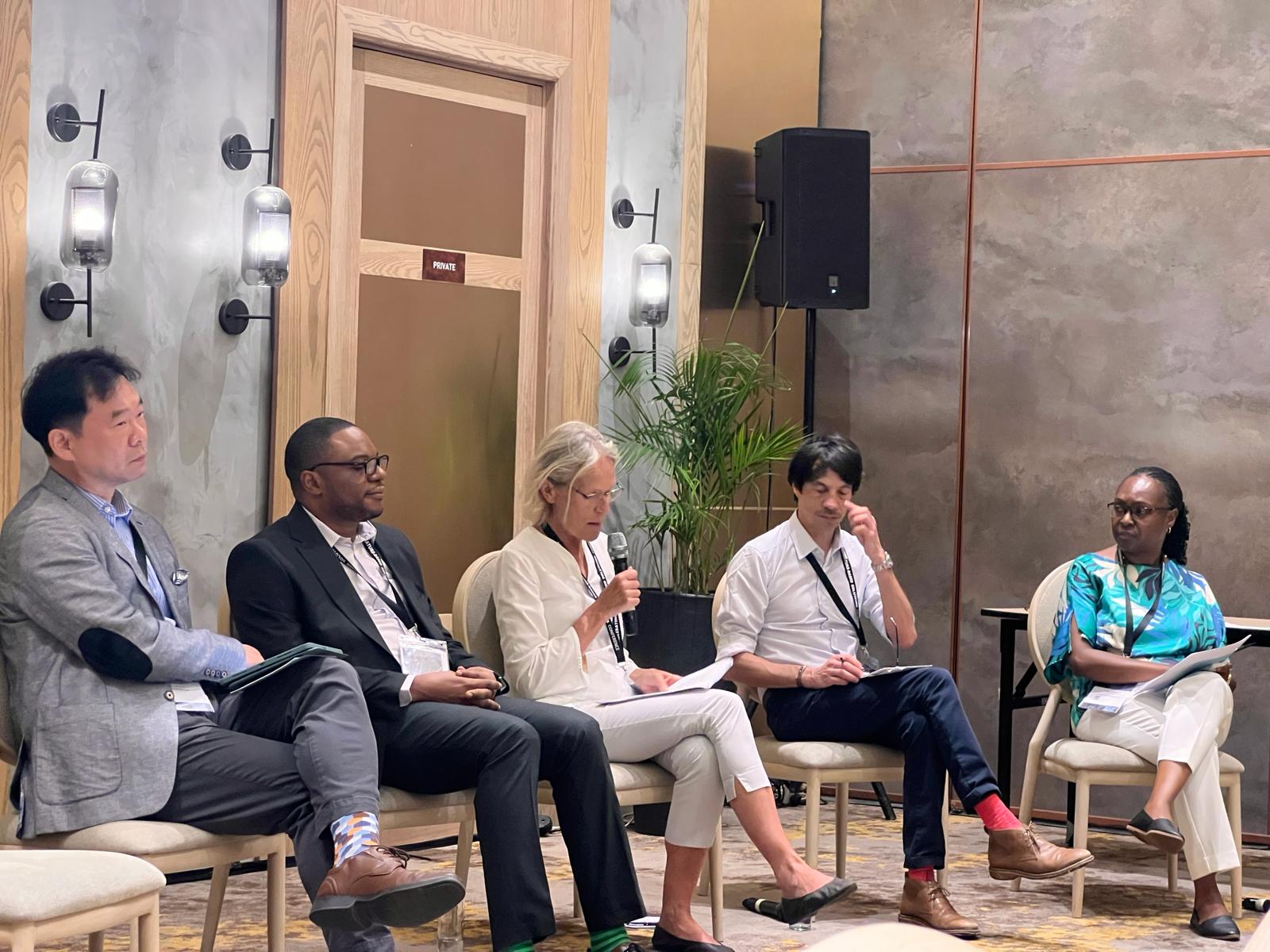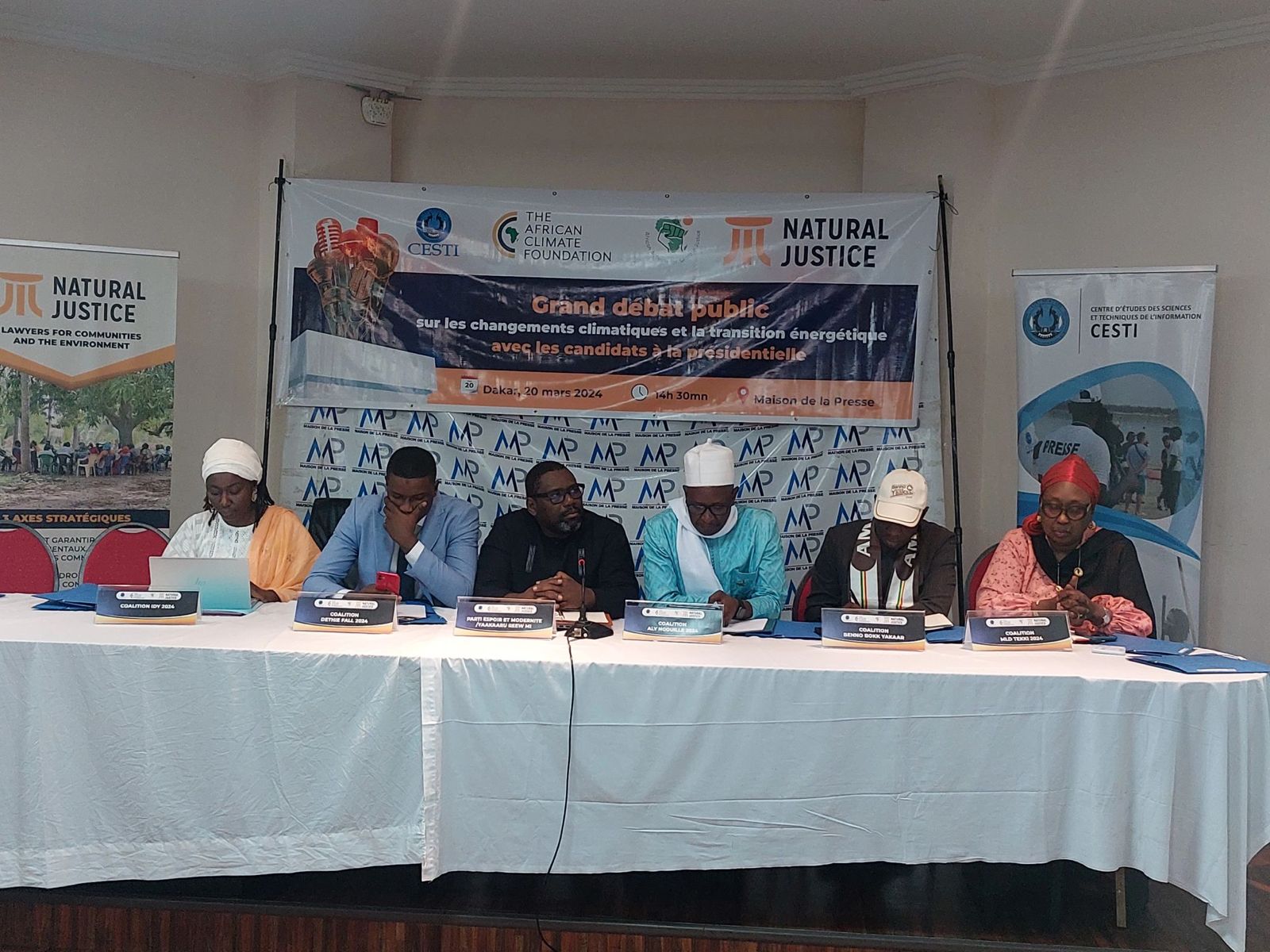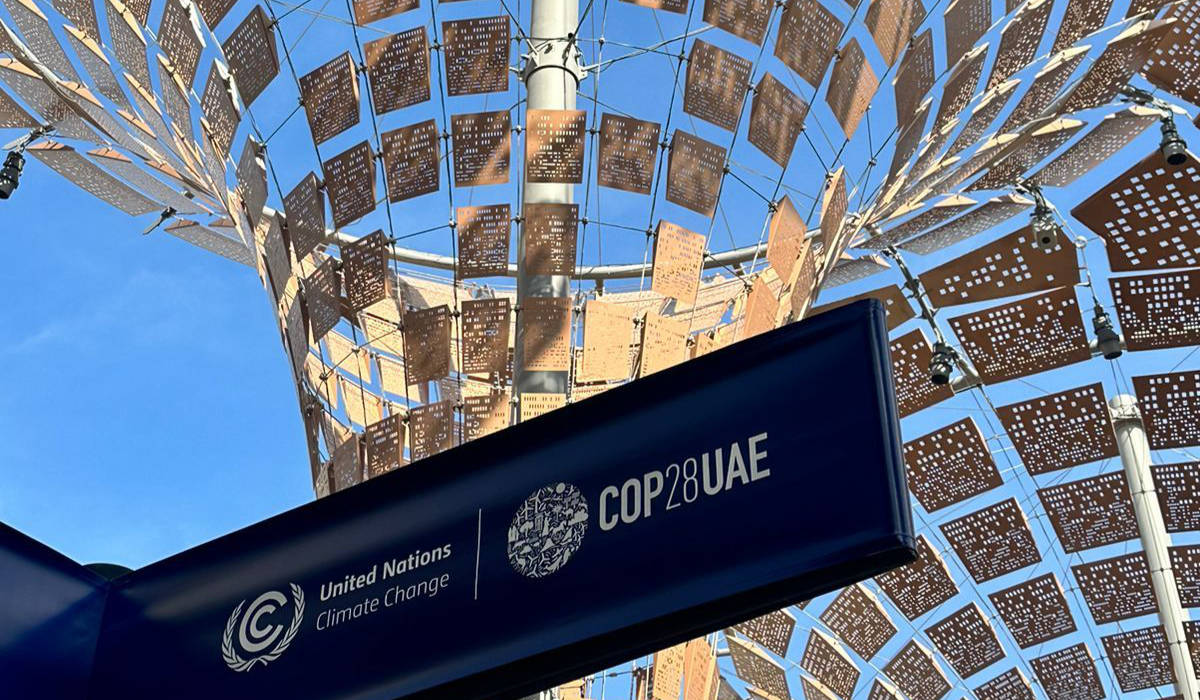South Africa is encouraged by the outcome of the climate talks this past weekend in Glasgow.
This was the view of Environment Minister Barbara Creecy, who told a press briefing on Wednesday that South Africa welcomed the outcome of the climate summit.
She said the outcome provided parties with a firm basis for the full and effective implementation of the United Nations Framework Convention on Climate Change and its Paris Agreement.
“The international community has united behind a shared objective to inject a greater sense of urgency to address the global climate crisis and to do so on the basis of international equity and latest available science.”
She said the complex Glasgow package outcome strikes the right balance to accommodate the very different national circumstances and capacities among nearly 200 parties, so that all are enabled and empowered to contribute their fair share and to enhance their climate ambition.
Creecy believed the outcome would help developing countries like South Africa accelerate the phase down of unfiltered coal to low-carbon energy, but warned it should be done in a manner that takes into consideration national interests and availability of resources.
Coal ‘phase down’ wording
Creecy was referencing the controversial final wording of the Glasgow Pact signed at the end of the two-week COP26 negotiations. A fierce debate erupted among the different parties’ negotiators over the wording of the intention to abandon coal in the final text of the deal.
In facilitating the Glasgow Pact, nations agreed to change the wording from a coal “phase-out” to a “phase-down”, at the insistence of India, whose backers included China and South Africa.
Creecy defended the “phase down” language, and said that the wording should take into account countries’ unique circumstances as they shed their coal dependence.
“There is wording there that talks about the recognition of national circumstances and the importance of a just transition.
“And I think that what that language is all about … is saying that for developing countries, there is a recognition of the enormous cost that transitioning economies to lower carbon growth paths and to climate resilient societies is going to have.”
“I think that there has been an estimation by the OECD [Organisation for Economic Cooperation and Development] that developing countries will require in the region of US$4 trillion over the next 15 years to achieve these transitions.
“And I think that text was really about saying that countries must be transitioning. Like our country, we have to do our fair share. But we have to be transitioning at a manner and at a pace that is determined by our national sovereign interests and by the availability of resources.”
“We can’t be signing up to a situation where we are not ensuring that we have adequate financial support for the transitions that will be taking place,” she said.
Saliem Fakir, the executive director of African Climate Foundation, was buoyed by the fact that coal had finally been addressed in firm language at climate talks. He said South Africa should urge its partners, particularly in India and China, to phase out coal in 20 years.
“I would say in the outcome of COP26 the big positive is that for the first time in the history of the climate talks we are talking about phasing out coal. Yes, the phasing out of coal is still insufficient and we have to work harder to push our ambitions.”
Multibillion-rand watershed climate deal
South Africa’s watershed multibillion-dollar climate finance deal announced in the first week at COP26, still remains one of the highlights of the conference, and is part of the financial support Creecy is calling for in South Africa’s just transition. The deal made South Africa a star performer at the talks, setting the scene for the country to transition away from coal to cleaner forms of energy.
In the historic deal, France, Germany, the United Kingdom, the United States and the European Union had pledged R131 billion to South Africa over the next three to five years in the form of grants, concessional loans and investment and risk-sharing instruments, including mobilising private sector funding.
“Of course the cherry on top is the political agreement between South Africa and its developed world partners,” Fakir said.
“It will also expand to other countries and shows that there’s a willingness to consider a just energy transition transaction deal.”
He said Eskom, the presidency and the ministry of environment as well as all the key political players at national government pushed for this deal, and made South Africa the stellar performer.
“Of course the devil is in the details and a lot more work needs to be done,” he said, adding that the presidential climate commission will be pushing hard that the finance is connected with the work that needs to be done to ensure a just transition.
The deal is attracting a lot of attention and South Africa as an opportunity to really take an increase in quiet diplomacy, Fakir commented.
“This deal has put us back into the forefront of the climate negotiations.”
Push on finance
Fakir said South Africa had provided good leadership on pushing the envelope on finance and it’s created a track of work that will enable parties to review the $100 billion climate finance target, to assist vulnerable countries. He said that could be used in ways that can facilitate an increased flow of finance towards Africa.
Creecy also said COP26 set the international community on the right track to addressing the existential challenge of climate change.
“For the first time the governing bodies of the Convention and Paris Agreement have agreed to the importance of supporting developing countries in financing”
The environment minister said for South Africa the main priorities, as mandated by the Cabinet ahead of COP26, were to secure an ambitious and progressive finance and adaptation package to support African and other developing countries, as well as to complete the Paris Agreement Work Programme. And in this COP26 succeeded, she said.
The unresolved issue of the recognition of Africa´s Special Needs and Circumstances is kept alive for substantive discussion at the African COP27, to be hosted by Egypt in Sharm el-Sheikh next year.



